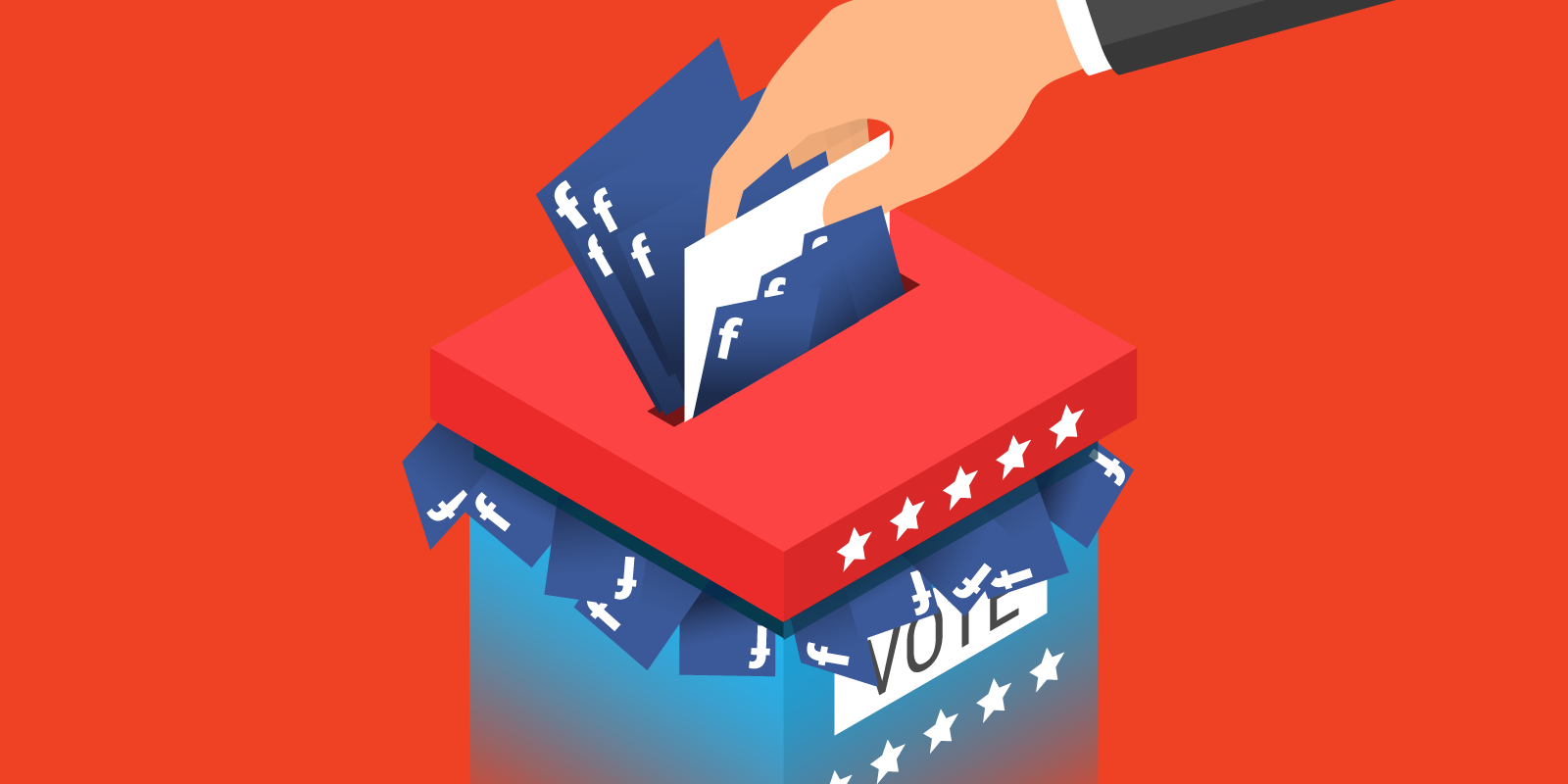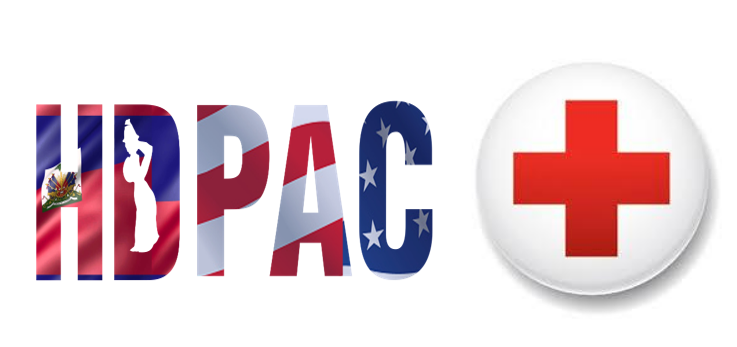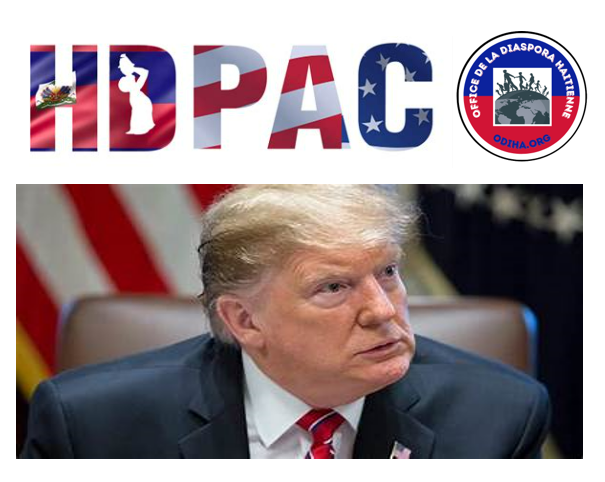|
Getting your Trinity Audio player ready...
|
Tech Giant – Facebook- Google- Publishers
February 22, 2021
TrueNewsblog- TNB
By: Nathaniel Ballantyne
TrueNewsBlog- House antitrust subcommittee Chair David Cicilline (D-R.I.) tweeted “Facebook is not compatible with democracy” and his counterpart Rep. Ken Buck (R – Colo.), the top Republican on the committee, said a bipartisan bill will be introduced in coming weeks allowing small news organizations an antitrust exemption, so they may negotiate collectively with Facebook and Google to share in the profits of their content circulating on the platforms.
British ministers agree that Facebook and Google should pay publishers. meanwhile European publishers and Microsoft today called for an Australian-style arbitration mechanism to be included in EU or national European laws.
EU seeks to connect bipartisan Facebook anger to Biden’s “democracy must prevail” message: European Commission President Ursula von der Leyen went beyond bromides in her Munich Security Conference speech Friday, hammering internet platforms. “The storming on the U.S. Capitol was a turning point for our discussions on the impact social media have on our democracies,” she said, adding Facebook’s action in Australia to her charge sheet. The country that appointed the world’s first tech ambassador — Denmark — this morning published a new tech diplomacy strategy framed around advancing tech responsibility and democracy . The upshot: European capitals are joining Von der Leyen urging the Biden administration and U.S. Congress “impose democratic limits on the uncontrolled power of the big tech companies.”
FACEBOOK BLOCKING PRO-VACCINE MESSAGES: Two POLITICO reviews have found Facebook has blocked paid messages from at least 110 groups, making them collateral damage in efforts to police vaccine misinformation. Events hosted by organizations ranging from Orland Township, Illinois, to the California Medical Association have had their event ads blocked, while Facebook also mislabeled ads from European Union institutions and European governments as political messages.
Every Facebook content block is a choice: Facebook long resisted pressure to restrict political advertising, and senior executives have been directly involved in its choices dealing with misinformation. As with its decision to deliver a broad block on Australian news, Facebook’s ability to deliver a targeted anti-tax ban comes down to how it tweaks its algorithm and how many staff it employs to quality check those algorithmic decisions.
When Simon Milner, Facebook’s Asia Pacific vice president of public policy tells the Sydney Morning Herald that the company’s news bank “is a really hard thing to do” and asks for forgiveness on the basis that “we’ve never done it before,” those claims must be weighed against the company’s Australian managing director, Will Easton, who confidently asserted that the Australian government’s News Media Bargaining Code “misunderstands the dynamics of the internet.”
Facebook can’t have it both ways: claiming to provide the smartest people in the room when it butts heads with regulators, while begging for sympathy when it messes up the systems politicians have flagged as problematic.
Silicon Valley for decades rejected most forms of regulation as a dangerous impediment to innovation, but shifted political tactics over the last decade. First, Europe’s antitrust and privacy enforcement forced. some companies into political engagement and commercial restraint. After the 2016 U.S. election campaign, many tech companies conceded that light regulation of the digital world would be good for all. But few have made the leap to embrace real regulatory solutions.
The instinct to dismiss regulators as people who aren’t smart enough to work for tech companies runs deep, whether it’s a consumer rip-off, a data breach, election campaign, tax evasion, or a genocide that brings executives before officials. Sen. Mark Warner (D-Va.) sums it up this way: “It’s worrisome that large tech companies — which routinely tell policy makers they acknowledge the need for regulation — continually resort to using their large scale and dominance to undermine democratically adopted laws.”
Next stop for Facebook — Continued scrutiny over its ad and data practices. The company’s data-practice legal problems date back to 2011 and include a $5 billion settlement over the Cambridge Analytica scandal, but it’s now being hounded by New York authorities over medical data collection . Separately, a new class action lawsuit alleges that Facebook has for years known that the metrics it creates to guide potential advertisers are both “inflated and misleading.”
Next stop for Big Tech globally is digital tax: All eyes this week will be on Treasury Secretary Janet Yellen, who meets her G-20 counterparts Feb. 26, where a better sense of the Biden administration’s approach to the global digital tax should become known. The Trump administration withdrew from a 137-country tax negotiation being managed by the OECD. Several European countries and Canada are pushing ahead with national taxes in the absence of a global deal. Maryland passed a digital ad revenue tax this month, and could be followed by New York.






